Wildfires are common in Canada's western provinces, but this year the eastern province of Nova Scotia is reeling from its worst-ever wildfire season, forcing the federal government to send in the military on Thursday.
Smoke rises from a wildfire in Hammonds Plains, Nova Scotia, Canada, May 28, 2023 in this screengrab obtained from a social media video. [email protected]/via REUTERS
Across Canada, some 2.7 million hectares have been scorched so far this year, equal to more than five million football fields, federal Public Safety Minister Bill Blair told reporters on Thursday.Situated on Canada's eastern seaboard, Nova Scotia's climate is heavily influenced by the North Atlantic Ocean, which brings higher humidity and more moderate temperatures than many other parts of the country. Fires are not unusual but tend to be much smaller than those in the west.
Atlantic Canada received low snowfall this winter, followed by an exceptionally dry spring. Nova Scotia's capital Halifax received just 120 millimetres of rain between March and May, roughly a third of the average, according to Weather Network meteorologist Michael Carter. For coastal regions climate change is expected to bring more rain, which should reduce the risk of wildfires, but a warmer atmosphere is more efficient at pulling moisture out of soils, a factor that increases fire risk.
México Últimas Noticias, México Titulares
Similar News:También puedes leer noticias similares a ésta que hemos recopilado de otras fuentes de noticias.
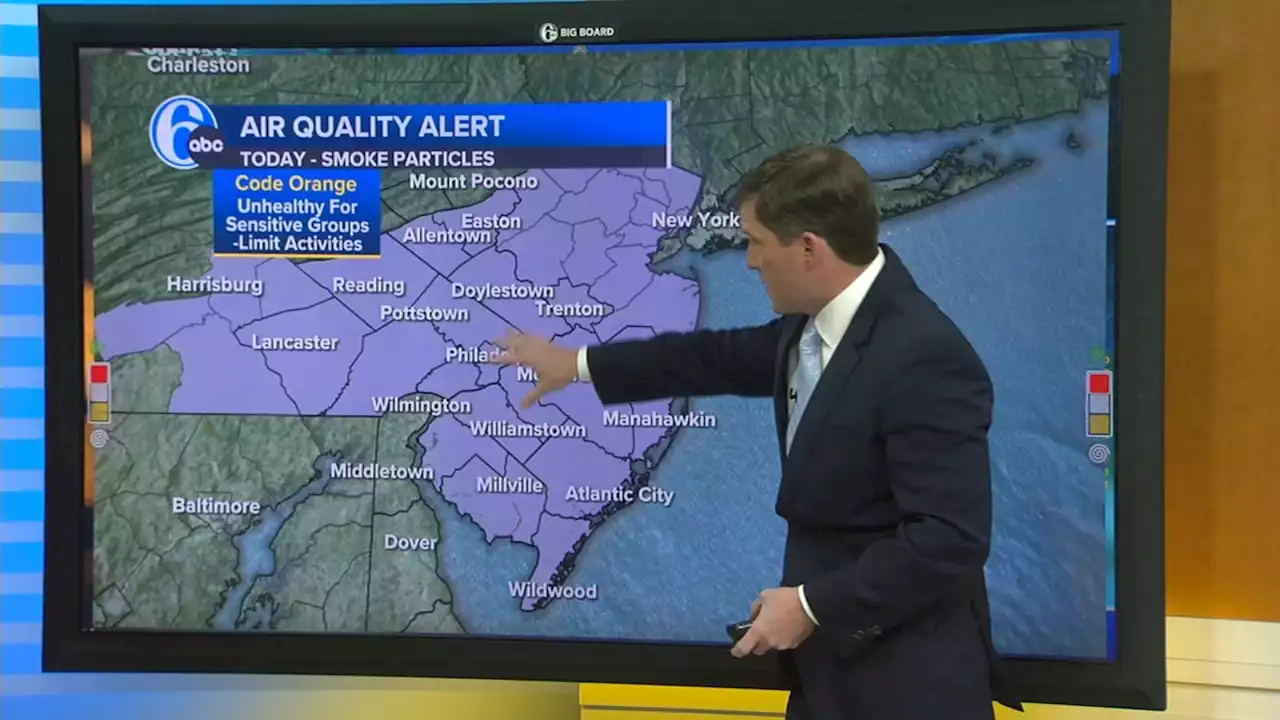 Code Orange: Air Quality Alert for Philadelphia area due to smoke from Nova Scotia wildfiresCode Orange: The National Weather Service has issued an Air Quality Alert for most of the area due to smoke coming from wildfires in Nova Scotia.
Code Orange: Air Quality Alert for Philadelphia area due to smoke from Nova Scotia wildfiresCode Orange: The National Weather Service has issued an Air Quality Alert for most of the area due to smoke coming from wildfires in Nova Scotia.
Leer más »
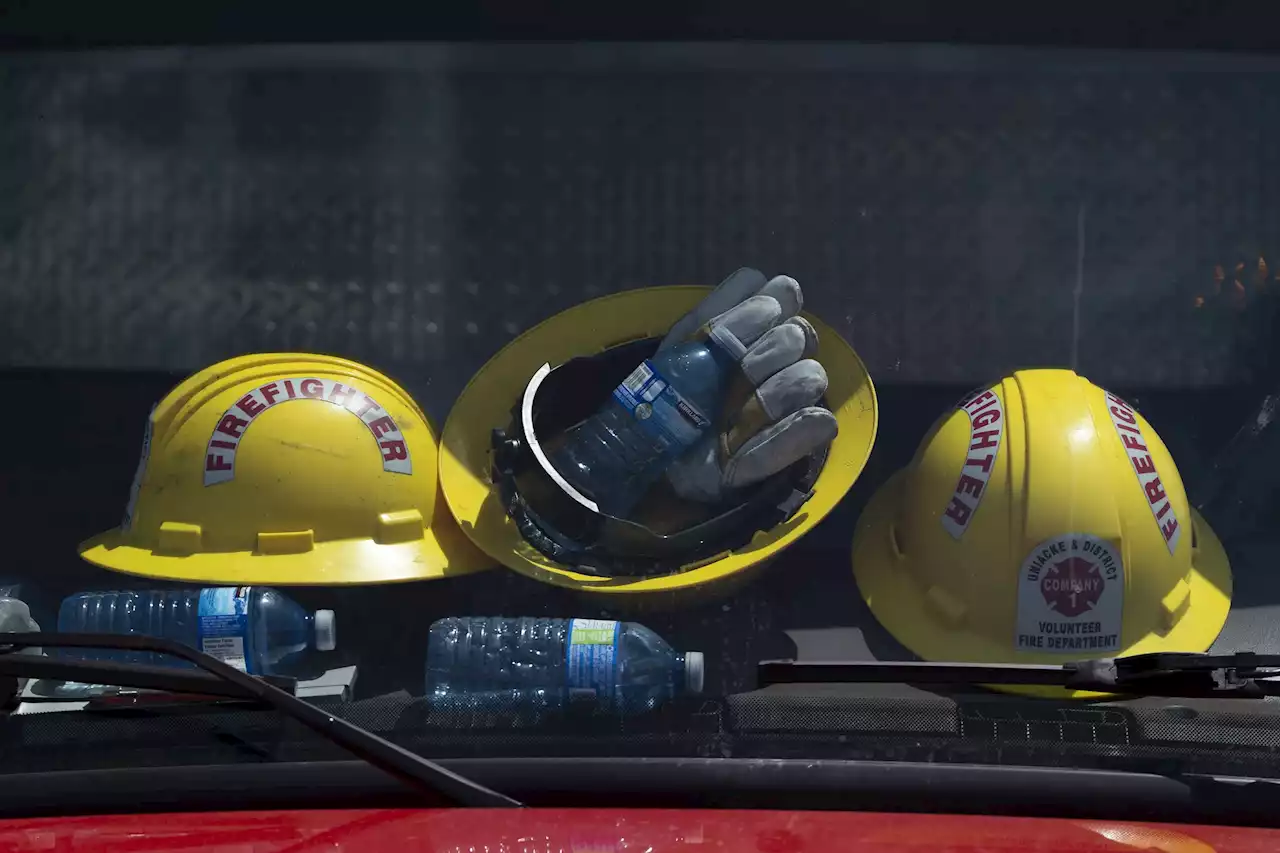 Nova Scotia wildfires grow, prompt air quality warnings as far south as VirginiaThe largest wildfires ever recorded in Canada’s Atlantic Coast province of Nova Scotia continue to grow forcing the evacuation of hundreds of more people and prompting air quality warnings in U.S. regions as far south as Virginia and Maryland. In all, there were four wildfires in the province burning out of control on Thursday, including the massive Barrington Lake fire in Shelburne County, which grew to more than 200 square kilometers despite a constant bombardment of water and fire retardant from a fleet of water bombers and air tankers. Wildfires have forced at least 21,000 people from their homes in Nova Scotia. The two major fires have already destroyed at least 200 homes and cottages.
Nova Scotia wildfires grow, prompt air quality warnings as far south as VirginiaThe largest wildfires ever recorded in Canada’s Atlantic Coast province of Nova Scotia continue to grow forcing the evacuation of hundreds of more people and prompting air quality warnings in U.S. regions as far south as Virginia and Maryland. In all, there were four wildfires in the province burning out of control on Thursday, including the massive Barrington Lake fire in Shelburne County, which grew to more than 200 square kilometers despite a constant bombardment of water and fire retardant from a fleet of water bombers and air tankers. Wildfires have forced at least 21,000 people from their homes in Nova Scotia. The two major fires have already destroyed at least 200 homes and cottages.
Leer más »
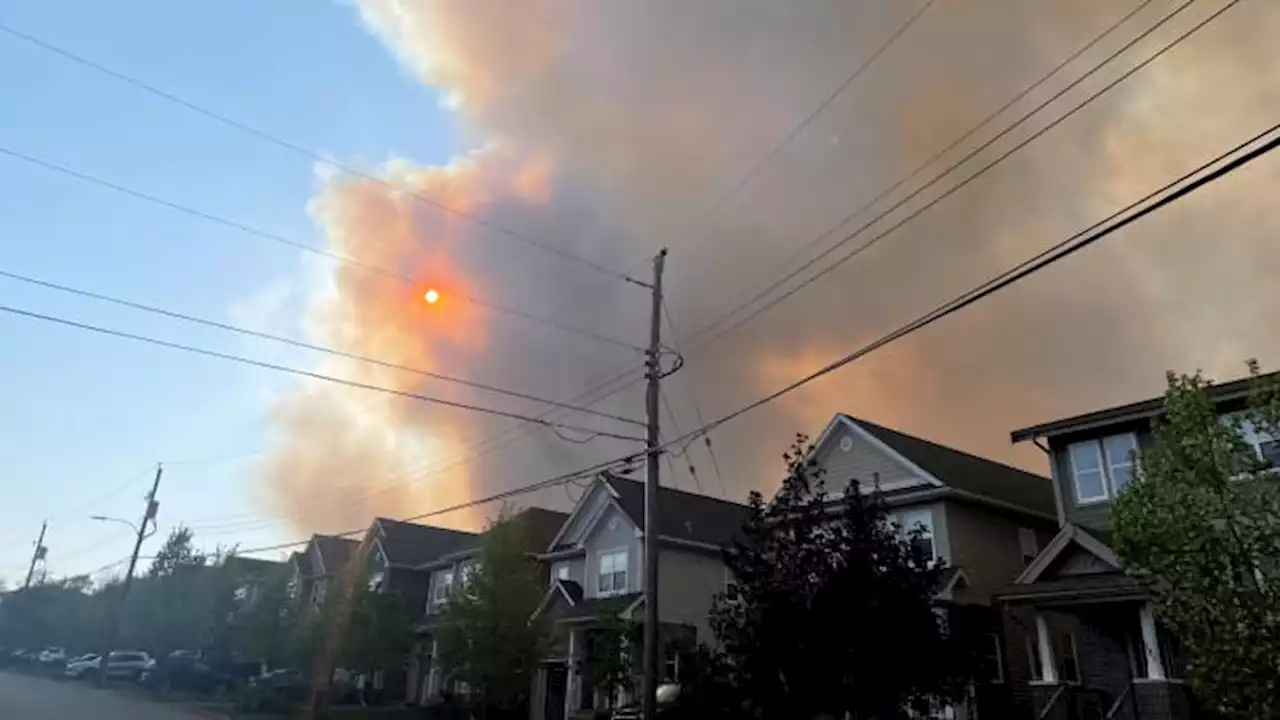 Canada's military and U.S. firefighters to aid Nova Scotia's wildfire fight
Canada's military and U.S. firefighters to aid Nova Scotia's wildfire fight
Leer más »
 Canada's military and U.S. firefighters to aid Nova Scotia's wildfire fightCanada's government is sending the military to the Eastern province of Nova Scotia on Thursday to help tackle wildfires, and more U.S. firefighters will come to battle the early summer blazes, the minister responsible for emergencies said.
Canada's military and U.S. firefighters to aid Nova Scotia's wildfire fightCanada's government is sending the military to the Eastern province of Nova Scotia on Thursday to help tackle wildfires, and more U.S. firefighters will come to battle the early summer blazes, the minister responsible for emergencies said.
Leer más »
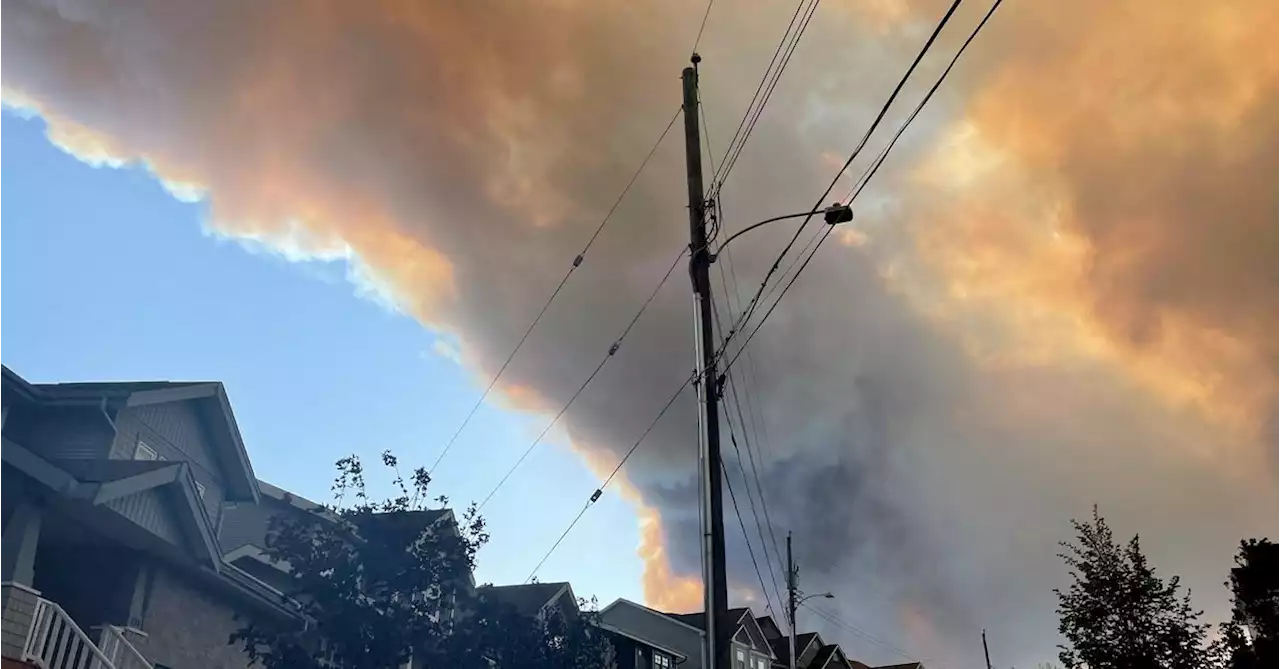 Canada sends military to help battle blazes in Nova ScotiaCanada sent the military on Thursday to the eastern province of Nova Scotia to help tackle wildfires that have forced 18,000 people from their homes as unprecedented dry early summer weather sparked blazes across the country.
Canada sends military to help battle blazes in Nova ScotiaCanada sent the military on Thursday to the eastern province of Nova Scotia to help tackle wildfires that have forced 18,000 people from their homes as unprecedented dry early summer weather sparked blazes across the country.
Leer más »
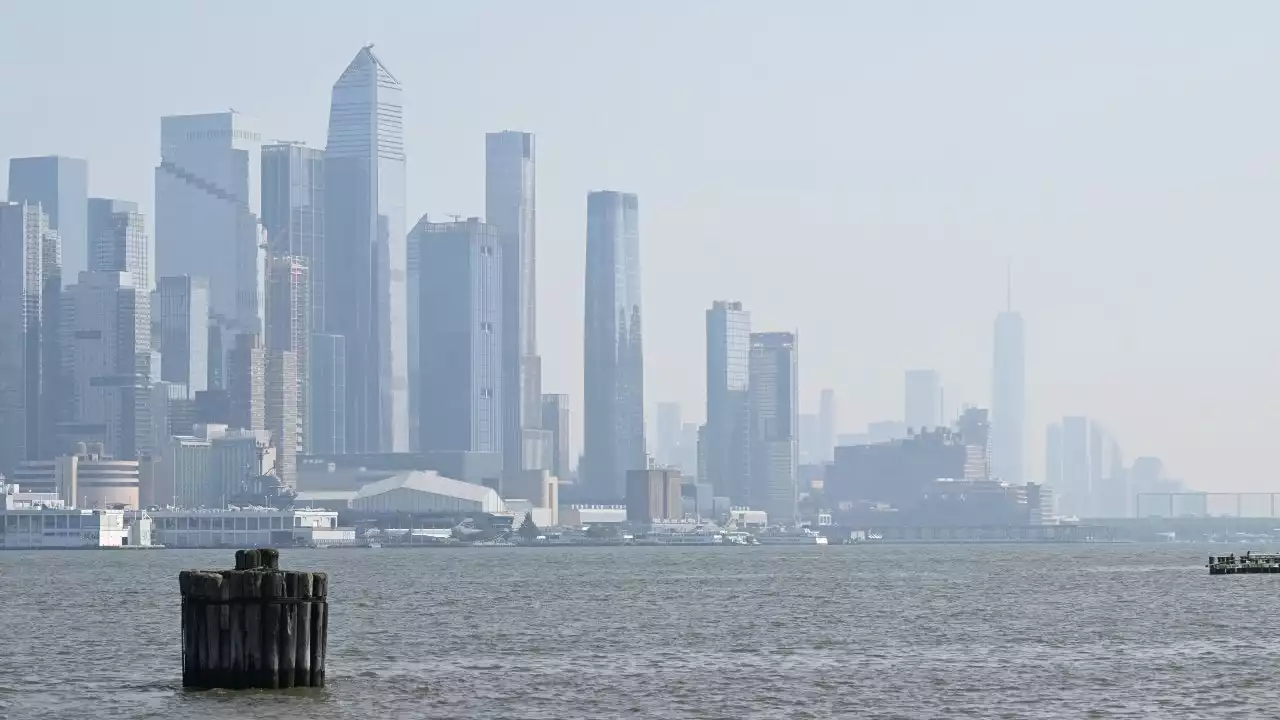 Nova Scotia wildfire sends East Coast air quality plummetingA wildfire burning in Nova Scotia has sent air quality plummeting in cities across the northeast. More than 16,000 residents were evacuated due to the blazes.
Nova Scotia wildfire sends East Coast air quality plummetingA wildfire burning in Nova Scotia has sent air quality plummeting in cities across the northeast. More than 16,000 residents were evacuated due to the blazes.
Leer más »
